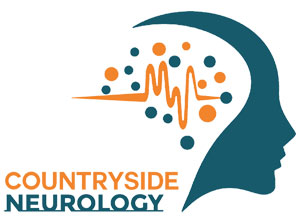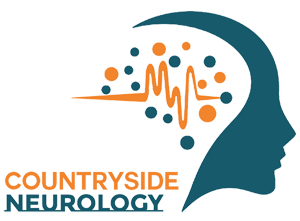Living with multiple sclerosis (MS) presents unique challenges, but at Countryside Neurology, we’re here to provide dedicated care and support every step of the way. Our comprehensive approach to MS management includes innovative treatments like transcranial magnetic stimulation (TMS), offered at our locations in Tampa, Clearwater, and beyond. Let’s delve into the symptoms of MS, the benefits of TMS therapy, and ongoing management strategies to help you thrive with this condition.
Understanding MS Symptoms
Multiple sclerosis is a chronic autoimmune disease that affects the central nervous system, leading to a wide range of symptoms that can vary in severity and duration. Common symptoms of MS include:
- Fatigue: Overwhelming fatigue is one of the most common symptoms experienced by individuals with MS and can significantly impact daily functioning.
- Muscle Weakness and Spasticity: MS can cause muscle weakness, stiffness, and spasms, making movement challenging.
- Balance and Coordination Issues: Many individuals with MS experience difficulties with balance, coordination, and walking due to damage to the nerves that control these functions.
- Sensory Changes: MS can affect sensation, leading to numbness, tingling, or pain in various parts of the body.
- Cognitive Changes: Some individuals with MS may experience cognitive changes such as memory problems, difficulty concentrating, or slowed thinking.
Benefits of TMS Therapy
Transcranial magnetic stimulation (TMS) is a non-invasive and innovative treatment option that has shown promise in managing symptoms of MS, particularly those related to depression, fatigue, and cognitive dysfunction. TMS works by delivering magnetic pulses to specific areas of the brain, modulating neural activity and promoting neuroplasticity. Benefits of TMS therapy for MS may include:
- Improved Mood: TMS has been found to alleviate symptoms of depression and anxiety, which are common comorbidities in individuals with MS.
- Reduced Fatigue: TMS may help alleviate fatigue and improve energy levels, enhancing overall quality of life.
- Enhanced Cognitive Function: Some studies suggest that TMS may improve cognitive function, including memory, attention, and processing speed, in individuals with MS.
- Minimal Side Effects: TMS is generally well-tolerated and associated with few side effects, making it a safe and effective treatment option for MS patients.
Ongoing Management Strategies
In addition to TMS therapy, comprehensive MS care involves a multidisciplinary approach aimed at addressing the physical, emotional, and cognitive aspects of the disease. Ongoing management strategies may include:
- Medication Management: Disease-modifying therapies (DMTs) and symptom management medications may be prescribed to help control disease progression and alleviate symptoms.
- Physical Therapy: Physical therapy can help improve strength, flexibility, balance, and mobility, making it easier to perform daily activities.
- Occupational Therapy: Occupational therapy focuses on developing strategies and techniques to maintain independence and optimize functioning in daily life.
- Psychological Support: Counseling, support groups, and other mental health services can provide emotional support and coping strategies for individuals living with MS.
If you’re living with MS and seeking comprehensive care and support, contact Countryside Neurology at 727-712-1567 to schedule a consultation. Our experienced team is here to help you navigate the challenges of MS and live your best life. Let us be your partner in MS management and support.





